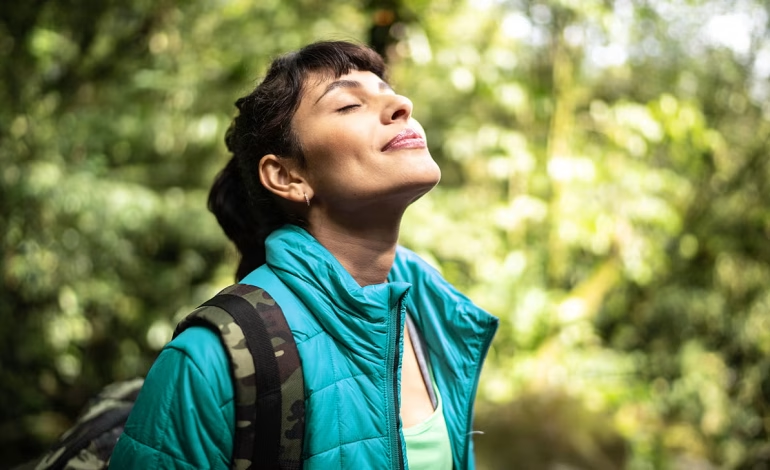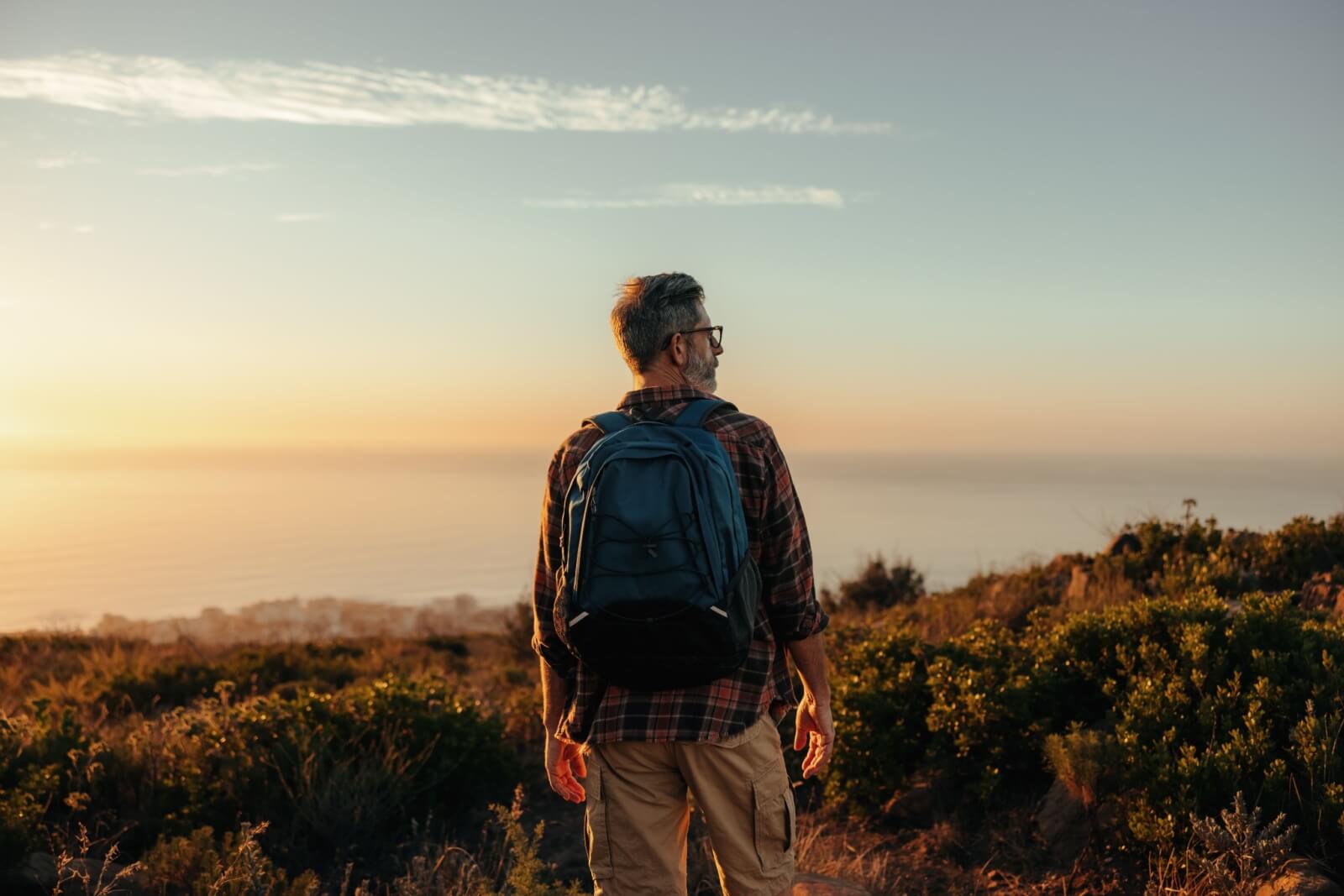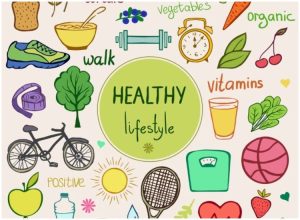Embracing the Great Outdoors: Why Spending Time Outside Is Essential for Modern Living

In our increasingly digital and indoor-driven world, many of us have become disconnected from the natural environments that once shaped our daily lives. Work, entertainment, and even social interactions now often happen through screens and within enclosed spaces. Yet, science—and centuries of human experience—tell us that the great outdoors is not just a luxury; it’s essential for our physical, mental, and emotional well-being.
From walking in the park to camping in the wilderness, outdoor activities offer countless benefits. They improve our health, reduce stress, foster creativity, and help us build meaningful connections—with nature, with others, and with ourselves. In this article, we explore why the outdoors matters, the benefits it brings, and how to make nature a bigger part of your lifestyle.
The Natural Human Connection to Nature
Humans evolved in nature. For thousands of years, we lived, hunted, gathered, and built communities surrounded by forests, rivers, mountains, and skies. It’s only in the past few centuries that industrialization and urbanization pulled us away from the outdoors and into artificial environments.
The result? An increase in stress, anxiety, obesity, and chronic disease—conditions that are strongly linked to our modern, sedentary, and screen-heavy lifestyles. This disconnection from nature has even led to the term “nature deficit disorder,” coined by author Richard Louv, to describe the negative effects of spending too little time outside.
Reconnecting with the outdoors doesn’t mean abandoning modern life—it means restoring balance and recognizing that nature is a necessary part of a healthy, fulfilling life.
Physical Health Benefits of Outdoor Activities
Outdoor activities come with a wide range of physical health benefits, many of which surpass those achieved through indoor exercise.
1. Increased Physical Activity
Simply spending time outdoors encourages movement. Whether you’re hiking, biking, gardening, or playing sports, these activities get you moving in natural, enjoyable ways.
2. Improved Cardiovascular Health
Activities like walking, swimming, and running in fresh air increase heart rate, boost circulation, and reduce the risk of heart disease.
3. Stronger Immune System
Regular exposure to green spaces has been linked to stronger immune function, likely due to reduced stress and exposure to natural bacteria and phytoncides (antimicrobial compounds released by plants).
4. More Vitamin D
Sunlight exposure helps the body produce vitamin D, which supports bone health, mood regulation, and immune function. Just 15–30 minutes of sun exposure a few times a week can make a significant difference.
Mental and Emotional Benefits
Time spent outdoors doesn’t just affect your body—it has a profound impact on your mind and emotions as well.
1. Reduced Stress and Anxiety
Nature has a calming effect. The sounds of birds, the rustle of trees, and the sight of open landscapes lower cortisol levels (the stress hormone) and promote relaxation.
2. Improved Mood and Mental Clarity
Studies show that people who spend time in green spaces are less likely to suffer from depression and anxiety. Being in nature enhances serotonin and dopamine production—chemicals that boost mood and happiness.
3. Enhanced Creativity and Focus
Outdoor environments stimulate the senses in ways that indoor spaces cannot. Exposure to natural light and varied scenery has been shown to improve concentration, memory, and problem-solving abilities.
4. Greater Sense of Presence and Mindfulness
Nature helps ground us in the present moment. Activities like hiking, bird-watching, or simply sitting by a lake encourage mindfulness and inner peace.
Social and Lifestyle Benefits
Outdoor recreation isn’t just good for individuals—it strengthens families, friendships, and communities.
1. Quality Time with Loved Ones
Whether it’s a weekend camping trip, a family picnic, or a group hike, outdoor activities create shared experiences and lasting memories.
2. Community Engagement
Outdoor festivals, sports leagues, clean-up events, and nature walks connect people around shared interests and improve social well-being.
3. Healthier Routines
People who prioritize outdoor time often develop healthier habits overall—like regular exercise, reduced screen time, better sleep, and improved diet.
4. Connection to the Environment
Spending time in nature fosters appreciation for the planet and encourages eco-conscious behaviors, like recycling, conservation, and sustainable living.
Popular Outdoor Activities to Try
There are endless ways to enjoy the outdoors, regardless of age, fitness level, or location. Here are some popular options:
-
Hiking: Explore local trails or venture into national parks for scenic exercise and exploration.
-
Cycling: Great for commuting, fitness, or adventure.
-
Camping: Disconnect from tech and reconnect with nature under the stars.
-
Kayaking or Canoeing: Water-based adventures that combine relaxation and full-body movement.
-
Birdwatching or Nature Photography: Perfect for those who appreciate stillness and observation.
-
Gardening: A therapeutic activity that provides both physical movement and emotional satisfaction.
-
Outdoor Yoga or Meditation: Deepen your practice in a tranquil, natural setting.
Even something as simple as reading a book on your balcony or walking barefoot on the grass can make a difference.
How to Incorporate More Outdoor Time into Your Lifestyle
You don’t need to live near a national park or take extended vacations to benefit from nature. Here are a few simple ways to bring the outdoors into your daily routine:
-
Take short walks during breaks at work or school
-
Eat meals outside when weather allows
-
Start or tend to a balcony or backyard garden
-
Commute by foot or bicycle instead of driving when possible
-
Choose outdoor venues for social gatherings
-
Unplug on weekends and plan screen-free time in natural spaces
-
Plan regular outdoor getaways, even if it’s just a nearby trail or park
Consistency is more important than intensity. A few minutes each day outdoors can have a compounding positive effect on your health and mindset.
The Outdoor Lifestyle: A Shift in Perspective
Living an “outdoor lifestyle” doesn’t necessarily mean becoming a wilderness explorer. It’s about shifting your mindset to prioritize time outside and see nature as a necessary and healing part of your life, not just a weekend activity.
Many people who embrace outdoor living report feeling more alive, connected, and fulfilled. They sleep better, stress less, and feel more energized during the day. They become more attuned to the natural rhythms of life—and less dependent on artificial stimulation.
By integrating outdoor time into your lifestyle, you’re not only improving your own health and happiness—you’re also contributing to a culture that values sustainability, mindfulness, and well-being.

Final Thoughts: Nature Is the Ultimate Medicine
In a world that constantly pushes us to do more, go faster, and stay connected online, the outdoors offers something different—a chance to slow down, to breathe, to reconnect with what really matters.
Whether you find peace in a quiet forest, inspiration in a mountain view, or joy in a walk around your neighborhood park, nature is always there—patient, powerful, and healing.
Make it a goal to step outside more often. Your body, mind, and spirit will thank you.




